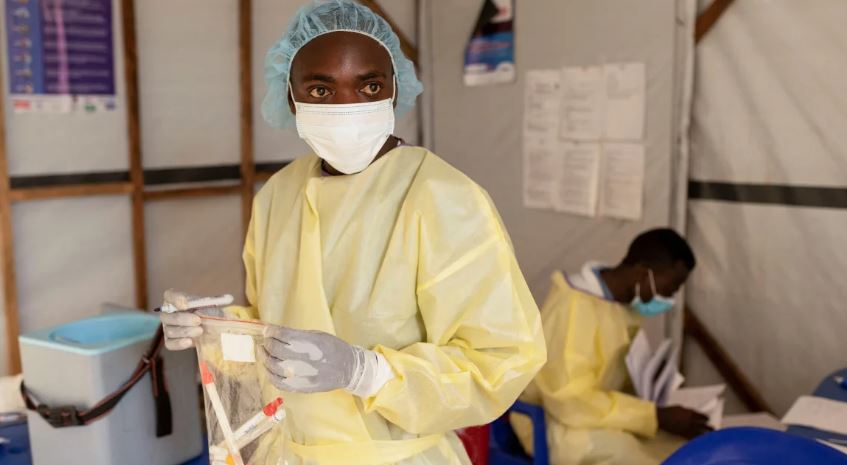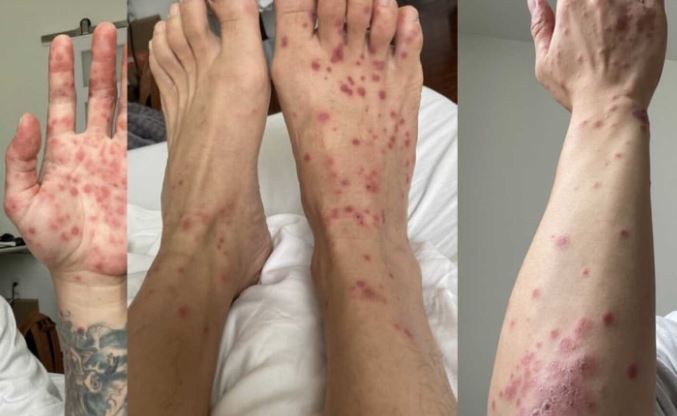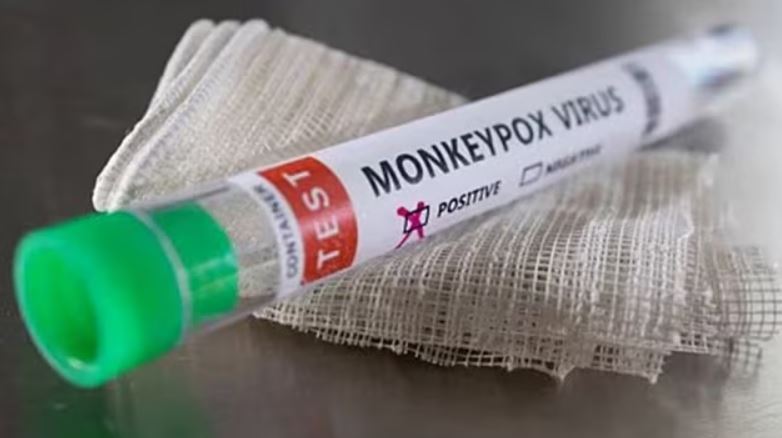Recently, the world has been gripped by fear due to the spread of the Mpox (MPOX) virus.
The WHO has declared Mpox an international public health emergency, urging global action. The situation is particularly severe in Africa, where the WHO and the African CDC are pushing for the rapid deployment of vaccines and treatments to curb the spread of the virus.
The WHO has warned that certain clade variants of Mpox are spreading with increased transmissibility in some regions, emphasizing the importance of international cooperation.

Amidst this, cases of infection have also been reported in our country.
This indicates that while the global spread of Mpox is a serious concern, there is a need to heighten vigilance within our own country as well. Sigh… I’m worried that we might be heading back to the days of COVID-19…
After a Korean national who entered the country via Incheon Airport from Germany tested positive for Mpox, health authorities have strengthened quarantine measures, keeping the possibility of domestic transmission in mind. Additionally, there are plans to vaccinate those who have had close contact with the infected individual, and the government will further reinforce monitoring systems and ensure thorough screening at airports.

So, what exactly is this Mpox (MPOX) that’s causing all this commotion?
It feels like a few years ago, when the word “corona” suddenly appeared out of nowhere and completely upended our daily lives, making me wonder if another new thing is about to take over the world. But fortunately, it’s not something we know absolutely nothing about.
What exactly is Mpox (MPOX)?

Mpox, in fact, is a viral disease that was previously known as “Monkeypox.”
This disease primarily occurs in the tropical rainforest regions of Africa, where various animals such as rodents and primates serve as natural hosts. When humans are infected, they initially experience symptoms such as fever, headache, muscle aches, and fatigue, followed by the appearance of a rash on the skin that can progress to blisters and pustules. This rash typically starts on the face, spreads to the hands and feet, and then to other parts of the body, causing severe lesions on the infected person’s skin.
While the symptoms resemble those of smallpox, the mortality rate is relatively low. However, it can be fatal for people with weakened immune systems, and in some cases, it may lead to serious complications, so it is a disease that requires caution.
The virus mainly spreads through close contact with infected animals or humans. It can be easily transmitted through contact with the bodily fluids, respiratory secretions, or skin lesions of an infected person.
Why was the name changed from Monkeypox to Mpox?

This raises the question of why the name was suddenly changed to “Mpox.”
“Monkeypox” makes it clear that the virus comes from monkeys, so why the sudden change to the unfamiliar name “Mpox”? I was curious and did some research.
It turns out that the name “Monkeypox” was given in 1958 when the virus was first discovered in monkeys at a laboratory in Denmark. However, over time, this name began to cause various problems.
There were concerns that the name “Monkeypox” could evoke associations with certain animals (monkeys) or specific races (huh?) or regions, potentially leading to social stigma.
If it has nothing to do with monkeys, I understand how it could cause misunderstandings, but personally, I wondered if it was really necessary to change the name. It’s understandable if it’s like the “Spanish flu,” which wasn’t directly related to Spain but caused Spain to suffer unjustly due to the name… (I suppose there were similar cases?)
In any case, in 2022, the World Health Organization (WHO) recommended changing the name “Monkeypox” to “Mpox.”
The purpose of this decision was to change perceptions of the disease and to communicate that it is a global public health issue that is not limited to specific groups or regions. This name change was also part of a broader shift that occurred after the COVID-19 pandemic, when the importance of public health messaging was underscored.
Perhaps it’s to avoid unnecessary blame being directed at monkeys. Anyway, what’s more important is knowing how we should respond to this situation.
Prevention and Countermeasures Against Mpox

Well, it’s the usual advice, but prevention is key for all diseases. And the most reliable form of prevention is, of course, vaccination.
Vaccination is recommended especially for those traveling to high-risk areas or those who may come into close contact with infected individuals. The WHO and national health authorities are providing vaccines to those in risk groups, and some countries are actively promoting Mpox vaccination.
Personally, I had a bad experience with the COVID-19 vaccine, so I’m not planning to seek out this vaccine.
So, the next step is personal hygiene management.
Mpox can be transmitted through contact with an infected person’s bodily fluids, skin lesions, or respiratory secretions. Therefore, it’s important to wash your hands frequently and use alcohol-based hand sanitizers. Thorough handwashing is particularly necessary after contact with someone suspected of infection.
We’ve all been through COVID-19, so we have a good idea of what to do, right? ㅎㅎ
The most important thing is to know what symptoms to look for if you contract Mpox. Knowing this will help you avoid contact or decide to go to the hospital if you suspect you’re infected.
The main symptoms of Mpox include fever, rash, and skin lesions. If you experience these symptoms, please go to the hospital immediately for testing, and like with COVID-19, it’s best to self-isolate.
In Conclusion
We’ve briefly looked at what Mpox is and how to act in response.
Having gone through the exhausting experience of COVID-19, I hope this time it will pass quietly. It feels like it hasn’t been long since we finally took off our masks…
Everyone, take care of your health in this hot weather.
Thank you~